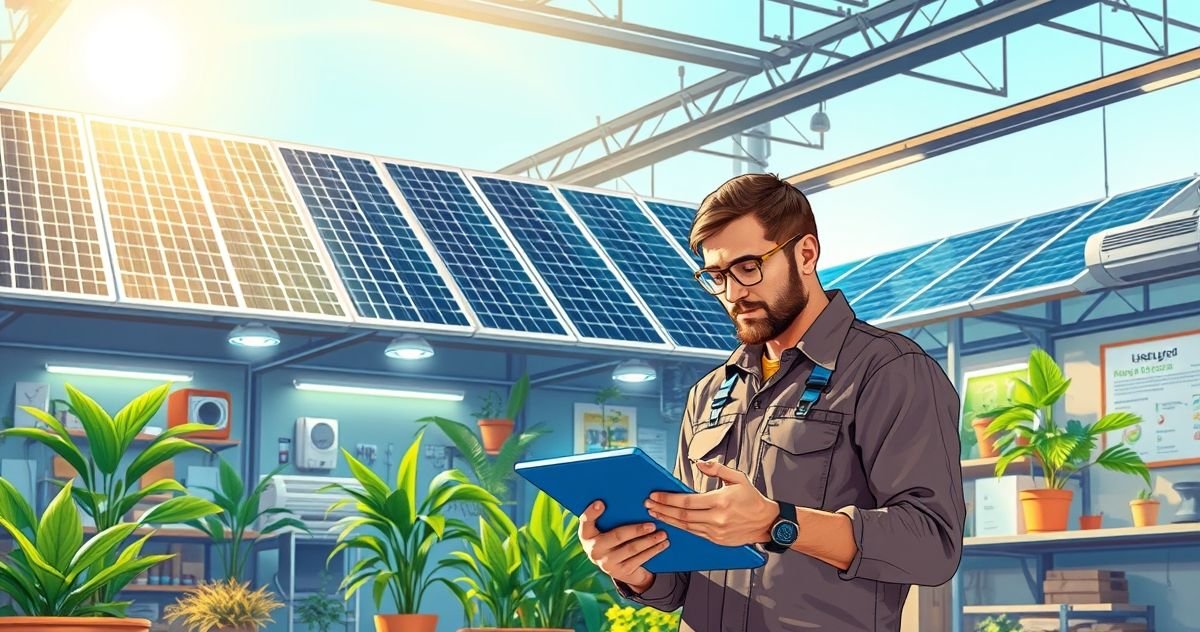Understanding the Small Business Energy Upgrade Credit
The Small Business Energy Upgrade Credit is a financial incentive provided to small businesses that undertake energy-efficient improvements. This credit aims to promote sustainable business practices by easing the financial burden of upgrading to energy-efficient equipment and retrofitting existing systems. It is designed to reduce operational costs and environmental impact, fostering a more sustainable business environment.
Primary Purpose
The primary purpose of the Small Business Energy Upgrade Credit is to motivate small businesses to adopt energy-efficient practices. By offering tax credits, the program encourages more businesses to invest in sustainable technologies and systems, such as solar panels, energy-efficient lighting, and improved HVAC systems. This initiative not only helps businesses lower their energy expenditures but also contributes to the reduction of greenhouse gas emissions, aligning with broader environmental targets.
Key Features and Components
The Small Business Energy Upgrade Credit typically covers a percentage of the cost incurred for approved energy-saving upgrades. Here are some critical components of this credit:
- Eligibility Criteria: Small businesses must meet certain criteria to qualify for the credit. This often includes having less than a specified number of employees or annual revenue below a certain threshold.
- Qualified Upgrades: The credit applies to specific energy-saving upgrades. These may include solar panels, energy-efficient lighting, high-efficiency HVAC systems, and building insulation.
- Credit Limits: There is usually a maximum limit on the amount of credit a business can claim, which is often a percentage of the total cost of the improvements.
Filing and Compliance Requirements
To benefit from the Small Business Energy Upgrade Credit, businesses must adhere to specific filing and compliance procedures:
- Documentation: Businesses must retain comprehensive records of the improvements made, including receipts, invoices, and proof of the energy efficiency of the installed systems.
- Reporting: The credit is generally claimed on the business’s tax return. Precise reporting forms and schedules required vary based on regional laws and industries.
- Compliance: Adhering to local, state, and federal regulations regarding energy-efficient upgrades is vital for compliance. Failure to comply can result in denial of the credit.
Penalties and Consequences of Non-Compliance
Non-compliance or failure to properly file for the credit can lead to several repercussions:
- Denial of Credit: Incomplete or inaccurate documentation may result in the rejection of the credit application.
- Fines: Some jurisdictions may impose penalties or fines for misrepresenting or failing to report energy savings accurately.
- Audit Risk: Improper filing increases the likelihood of audits, which can lead to a detailed review of the business’s compliance with tax laws and regulations.
Importance in Tax Resolution and Financial Compliance
The Small Business Energy Upgrade Credit is significant for several reasons:
- Cost Reduction: By lowering the financial barriers to energy-efficient upgrades, the credit enables businesses to reduce their operational costs significantly.
- Environmental Impact: Participating businesses contribute to environmental conservation efforts by reducing their carbon footprint.
- Business Reputation: Companies taking advantage of such credits often benefit from an enhanced reputation, appealing to environmentally conscious customers and stakeholders.
Overall, the Small Business Energy Upgrade Credit is a valuable tool for small businesses striving to enhance their operational efficiency and sustainability. By leveraging this credit, businesses can achieve substantial cost savings, improve their environmental impact, and potentially enhance their market positioning.
Conclusion
As sustainability becomes an increasingly critical component of business operations, tax incentives like the Small Business Energy Upgrade Credit play a vital role in facilitating energy-efficient transformations. By understanding and utilizing these credits, small business owners can make informed decisions that benefit both their bottom line and the environment.
